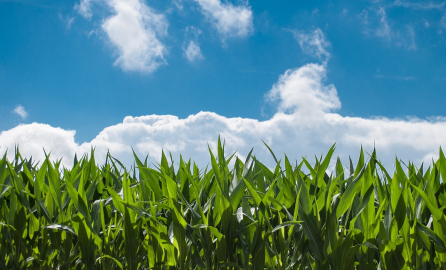To date, the agricultural sector, as a net green house gas producer, has largely been seen as part of the climate change problem. But Dr Alex De Pinto of the International Food Policy Research Institute wants to see farmers become part of the climate change solution.
Whether it’s through livestock rearing, rice production or the drying of peat, the world’s agricultural producers are widely accepted as being responsible for between 10 and 14 percent of the world’s total Green House Gas production and thus a contributor to climate change.
But with the right incentives, Dr De Pinto believes farmers can be encouraged to modify their farming practices and become part of the climate change solution.
As well as adapting practices to become more climate friendly, farmers can actively counter the effects of climate change both by sequestering atmospheric carbon into the soil they manage and by reducing GHG emissions.
However, such changes in practices would not be without problem.
For example, carbon sequestering requires larges tracts of land and decades of commitment. Most of the world’s farmers are smallholders and would need help in coming together in unions or action groups to help them organise such activity.
Furthermore, while climate change is widely accepted among scientists as a reality, there is little agreement over how change will manifest. In such an uncertain environment, support has to be as flexible as the practices of farmers will need to be.
To download some related documents from the International Food Policy Research Institute, click on the icons below. A copy of Dr De Pinto’s presentation, given at EuropeAid headquarters as part of a recent seminar ‘Hot Topics in Agriculture’, can also be downloaded.

Log in with your EU Login account to post or comment on the platform.